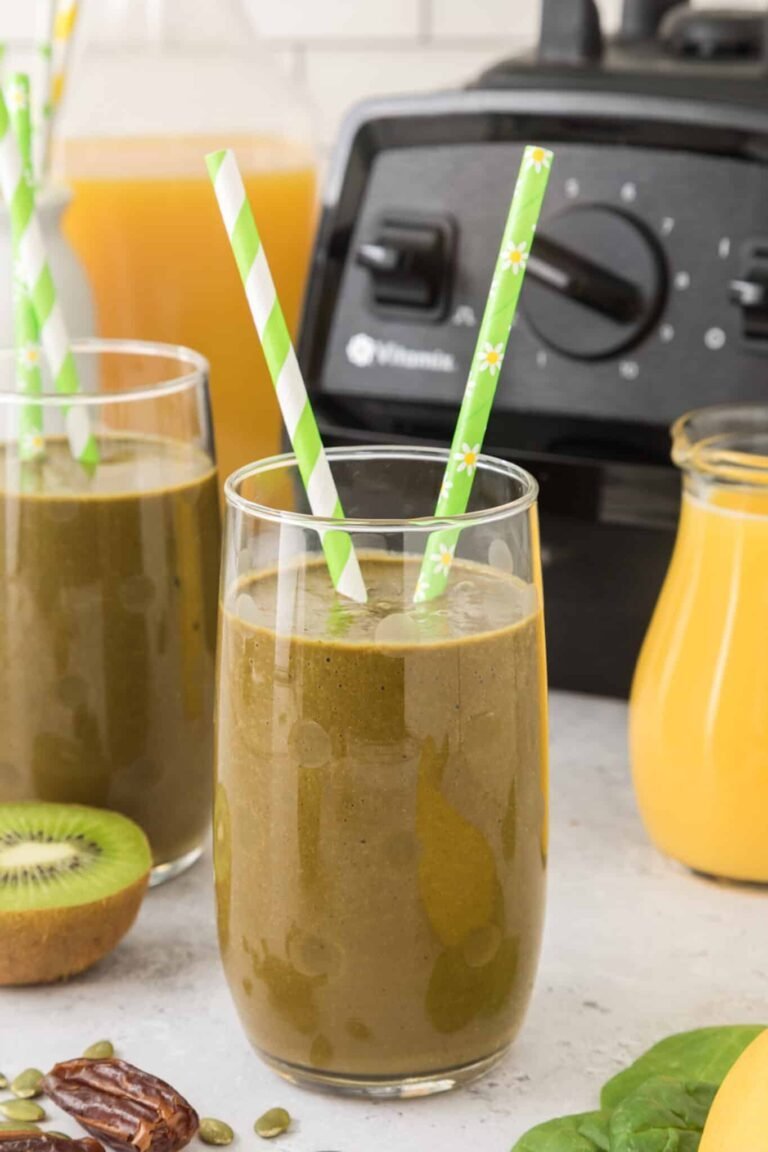5 Reasons to Avoid Alcohol with PCOS
If you’re navigating life with Polycystic Ovary Syndrome (PCOS) or at risk for it, understanding how alcohol can affect your symptoms is crucial. Let’s delve into the potential effects of alcohol on PCOS in simple terms.
1. Worsening of Insulin Resistance:
Insulin resistance is a common issue among women with PCOS, affecting hormone levels and metabolism. When you have insulin resistance, your body struggles to regulate blood sugar levels properly. Alcohol consumption, especially in excess, can worsen this condition by impairing the body’s ability to process blood sugar. This could potentially lead to complications like type 2 diabetes.
2. Potential for Weight Gain:
Weight management is often a challenge for individuals with PCOS, and alcohol can exacerbate this struggle. Alcoholic beverages are high in calories and offer little nutritional value, contributing to weight gain. Moreover, alcohol can stimulate hunger and reduce self-control, leading to overeating. It also affects the liver’s ability to metabolize fats and carbohydrates, making weight loss even more difficult.
3. Hormone Disruption:
PCOS is characterized by hormonal imbalances, which can manifest in various symptoms like irregular periods, infertility, and acne. Alcohol consumption can further disrupt hormone levels by increasing estrogen and impairing progesterone production. These hormonal fluctuations can exacerbate PCOS symptoms.
4. Increased Inflammation:
PCOS is associated with chronic inflammation, which alcohol consumption can worsen. Excessive alcohol intake damages gut bacteria balance and impairs liver function, leading to inflammation. This chronic inflammation can exacerbate PCOS symptoms and lead to complications like non-alcoholic fatty liver disease.
5. Negative Effects on Sleep:
Quality sleep is crucial for managing PCOS symptoms, but alcohol can interfere with sleep patterns. While it may initially help you fall asleep, alcohol disrupts the sleep cycle, leading to fragmented sleep and reduced sleep quality. Dehydration caused by alcohol consumption can also contribute to sleep disturbances.
Conclusion:
While alcohol doesn’t cause PCOS, it can aggravate symptoms and make management more challenging. Ideally, it’s best to avoid alcohol altogether. However, if moderation is preferred, limiting intake to one drink per day is advisable. Opting for beverages with lower sugar content and avoiding sugary cocktails can help mitigate the impact on blood sugar levels.
FAQ:
1: Can occasional alcohol consumption worsen PCOS symptoms?
While occasional drinking may not have a significant impact, excessive or frequent alcohol consumption can exacerbate PCOS symptoms due to its effects on insulin resistance, hormone levels, inflammation, and sleep patterns.
2: Is it safe to drink alcohol if I have PCOS and am trying to conceive?
Alcohol consumption can affect fertility and hormone levels, which may interfere with conception for individuals with PCOS. It’s advisable to limit or avoid alcohol when trying to conceive to optimize fertility and hormone balance.
3: How can I enjoy social gatherings without consuming alcohol?
There are many non-alcoholic beverage options available, such as mocktails, flavored water, or herbal teas. Communicating your preferences to friends and family can also help ensure you feel comfortable and included in social settings without alcohol






